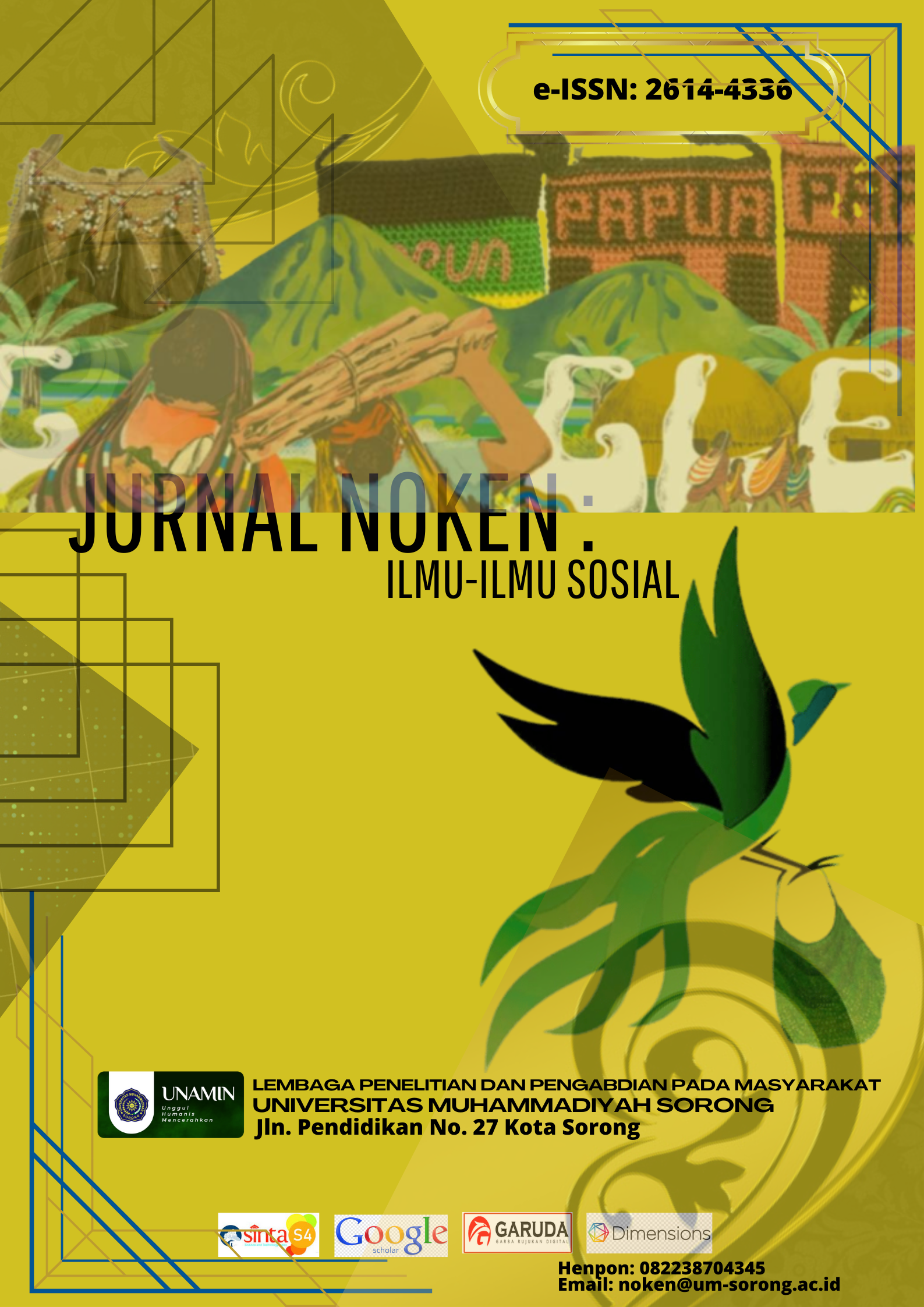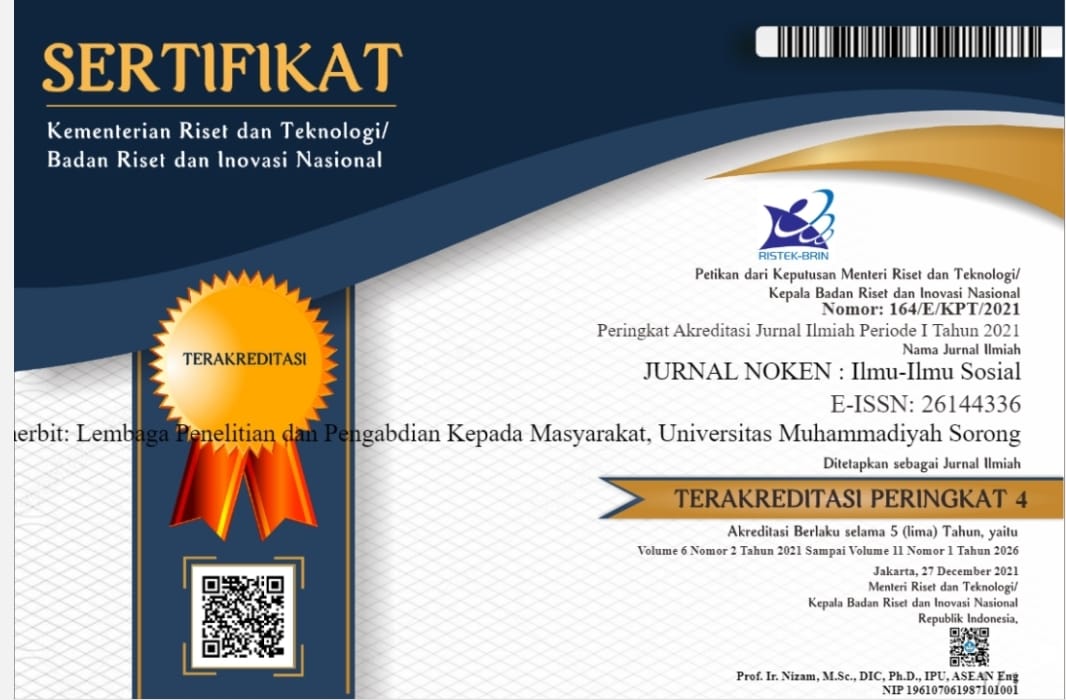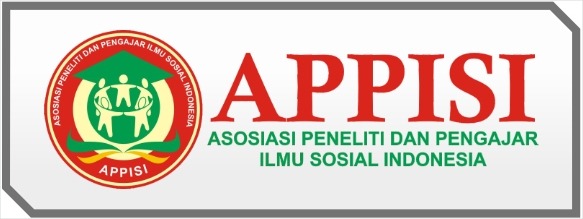Analisis Asrama Pesantren Al-Munawwir Krapyak Yogyakarta dalam Perspektif Pendisiplinan Tubuh Michael Foucault
DOI:
https://doi.org/10.33506/jn.v10i1.3283Keywords:
Pesantren Dormitory, Body Discipline, Michael FoucaultAbstract
Pesantren is a very unique educational institution owned by Indonesia, therefore a multidimensional perspective is needed to discuss it. This is important to create a richer and more diverse discussion about pesantren. This research tries to examine the dormitory element as an important part of the pesantren, knowing how the system of applying rules in the pesantren dormitory in the perspective of Michael Foucault's body discipline theory. This research approach uses descriptive qualitative with data collection techniques in various sources, direct observation, and interviews, trying to explore various data both primary and secondary data. The focus of this research is to see how the application of rules in Al-Munawwir Krapyak Yogyakarta boarding school for its students in order to form a disciplined character seen from the body discipline approach. The results of this study show that there are many things that are relevant in the application of the rules in Al-Munawwir Krapyak Yogyakarta boarding school with the study of body discipline from Michael Foucault
References
Abdinigrum, A. R., & Supriyadi, S. (2023). Penguatan Watak Kewarganegaraan Santri di Pondok Pesantren Al-Munawwir Komplek R Krapyak Yogyakarta. Jurnal Kewarganegaraan, 20(1), 13. https://doi.org/10.24114/jk.v20i1.41016
Alfath, K. (2020). PENDIDIKAN KARAKTER DISIPLIN SANTRI DI PONDOK PESANTREN AL-FATAH TEMBORO. Al-Manar, 9(1), 125–164. https://doi.org/10.36668/jal.v9i1.136
Azizah, N. I., Mahdana, I. N., Nurhidayat, K. P., & As Sidiq, M. B. (2023). CONFERENCE SERIES LEARNING CLASS TAUHID AND AKHLAK. Gunung Djati Conference Series, 22.
Hardiansyah, H. (2012). Seni Disiplin Tubuh dalam Perspektif Michel Foucault. Substantia: Jurnal Ilmu-Ilmu Ushuluddin, 14(1), 63–72.
Maesaroh, N., & Achdiani, Y. (2018). TUGAS DAN FUNGSI PESANTREN DI ERA MODERN. SOSIETAS, 7(1). https://doi.org/10.17509/sosietas.v7i1.10348
Mansir, F. (2020). Manajemen Pondok Pesantren di Indonesia dalam Perspektif Pendidikan Islam Era Modern. QALAMUNA: Jurnal Pendidikan, Sosial, Dan Agama, 12(2). https://doi.org/10.37680/qalamuna.v12i2.644
Marice, L. D., & Taqwa, R. (2020). Pola Kekuasaan Pendisiplinan dalam Membina Perilaku Peserta Didik di SMA Negeri Olahraga Sriwijaya. Scholaria: Jurnal Pendidikan Dan Kebudayaan, 10(2), 122–133. https://doi.org/10.24246/j.js.2020.v10.i2.p122-133
Muqoyyidin, A. W. (1970). KITAB KUNING DAN TRADISI RISET PESANTREN DI NUSANTARA. IBDA` : Jurnal Kajian Islam Dan Budaya, 12(2), 119–136. https://doi.org/10.24090/ibda.v12i2.441
Mustofa, M. (2017). ANALISIS DISIPLIN DAN KUASA TUBUH MICHEL FOUCAULT DALAM KEHIDUPAN SANTRI PONDOK KEBON JAMBU AL-ISLAMY PESANTREN BABAKAN CIWARINGIN CIREBON. JURNAL YAQZHAN: Analisis Filsafat, Agama Dan Kemanusiaan, 3(1). https://doi.org/10.24235/jy.v3i1.2128
Perawironegoro, D. (2019). Manajemen Asrama di Pesantren. Tadbir : Jurnal Studi Manajemen Pendidikan, 3(2), 129. https://doi.org/10.29240/jsmp.v3i2.944
Setiawan, E. (2013). MODERNISASI POLA SISTEM PENDIDIKAN PESANTREN (Studi Kasus Pondok Pesantren Modern Daarul Fikri Mulyoagung Dau Malang). ULUL ALBAB Jurnal Studi Islam, 14(2), 176. https://doi.org/10.18860/ua.v14i2.2656
Setyawan, P. B. (2016). Praktik Disiplin dalam Pendidikan di Seminari Menengah. Retorik: Jurnal Ilmu Humaniora, 4(1), 35–52. https://doi.org/10.24071/ret.v4i1.172
Turkel, G. (1990). Michel Foucault: Law, Power, and Knowledge. Journal of Law and Society, 17(2), 170–193. https://doi.org/10.2307/1410084
Downloads
Published
How to Cite
Issue
Section
License
Copyright (c) 2024 Mustaqim, Anugerah Rinaldi, Dean Rizky Saputra

This work is licensed under a Creative Commons Attribution-ShareAlike 4.0 International License.










